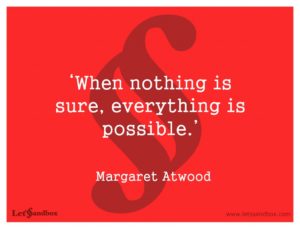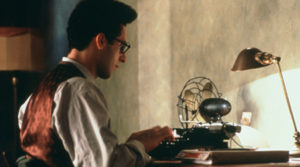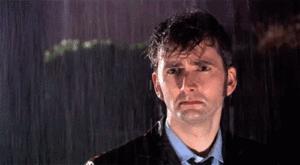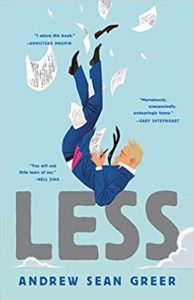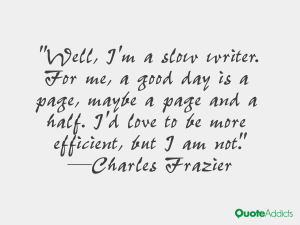It’s because all of us writers are haunted.
Not just by reviews that sting or that never even happened. Not by interviews that went sideways. Not just by book tours that flopped or by books whose sales figures were disappointing.
No, many of the specters hovering around our desks, laptops, and tablets are the books we started and gave up on. They’re in our dreams, and their presence lingers no matter what we complete and publish.
We have unfinished chapters, abandoned proposals, piles of research we’ve boxed, notes we scribbled and filed and can barely decipher any more. Even shelves’ worth of reference books we’re gathered together, read or skimmed or never got to. There are also characters we fell in love with but we couldn’t get around to giving them life.
 And then there the ghosts that are more insidious. These are the ghosts inside the books we’ve written: the plot twists we changed and regretted after the book came out, the scenes we axed for one reason or another, the narrative threads we cut for expediency or coherence but later wished we hadn’t. And sometimes a book is haunted by what you wanted it to be, and what you couldn’t accomplish for any number of reasons: a deadline, mischance, falling ill, or just not being ready.
And then there the ghosts that are more insidious. These are the ghosts inside the books we’ve written: the plot twists we changed and regretted after the book came out, the scenes we axed for one reason or another, the narrative threads we cut for expediency or coherence but later wished we hadn’t. And sometimes a book is haunted by what you wanted it to be, and what you couldn’t accomplish for any number of reasons: a deadline, mischance, falling ill, or just not being ready.
One of my ghosts resides in a file cabinet drawer crammed with material for a novel that never grew past a first chapter I’m crazy about. But every time I’ve gone back to it, I’ve thought the research involved would take too long, plus I’ve doubted the book’s marketability. It’s a novel about a murdered American artist and I’ve got all sorts of juicy research about him and his family, including a rare book of poetry published by the killer.
For all the time I spent living and dreaming that book, it’s stuck in the land of What Might Have Been. The further away I get from it, the less inviting the whole project becomes. And I’m not alone: I know we’re all ghost writers of one kind or another.
Lev Raphael is the prize-winning author of The Vampyre of Gotham and 24 other books in genres from memoir to mystery. You can study creative writing with him on line at writewithoutborders.com




